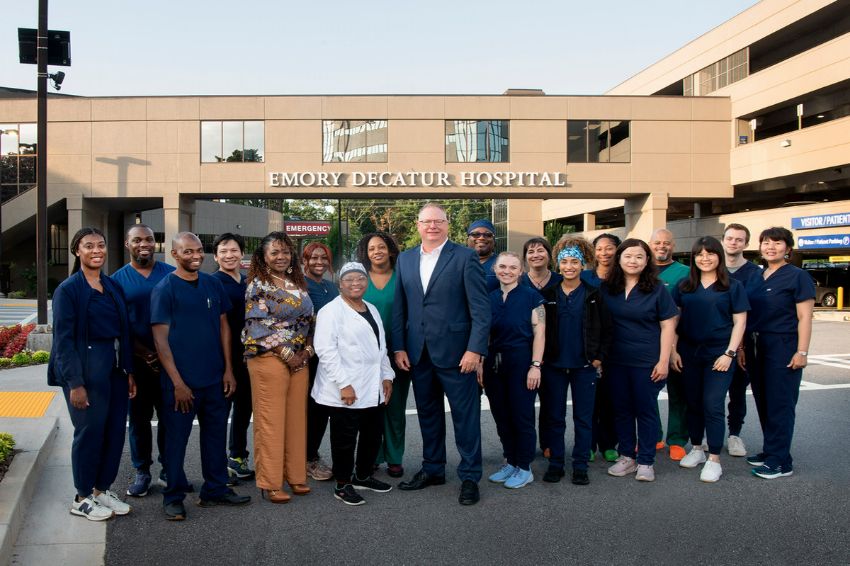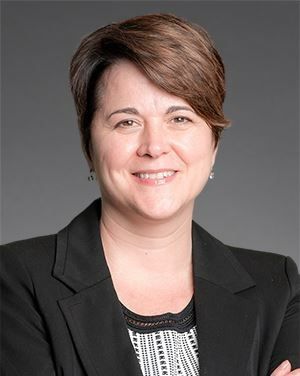Emory University is collaborating with The University of Texas Health Science Center at San Antonio (UT Health San Antonio) and its STRONG STAR Consortium in a new clinical trial aimed at improving treatment outcomes for post-traumatic stress disorder (PTSD).
The trial is supported by a $4.9 million grant from the U.S. Department of Defense to explore the benefits of psychedelics in treating PTSD. This funding, along with a grant to another study, marks the agency's first-ever financial commitment to clinical trials focused on modern psychedelics.
Researchers will investigate the effects of 3,4-methylenedioxy-methamphetamine hydrochloride, commonly known as MDMA, combined with Prolonged Exposure (PE) therapy, a leading psychotherapy for PTSD. This innovative approach seeks to leverage MDMA's properties that have been shown to enhance therapy effectiveness, potentially leading to greater symptom reductions and more comprehensive treatment of patients.
The trial, led by UT Health San Antonio, is a two-armed, double-blind, randomized clinical trial involving 100 participants from active-duty military, national guard, and reserve personnel. The participants will be recruited through both schools, with 75 by UT Health San Antonio and 25 by Emory.
Associate Professor Jessica Maples-Keller, PhD, leads Emory University School of Medicine’s involvement in this trial, alongside her colleagues in the Department of Psychiatry and Behavioral Sciences, professors Boadie Dunlop, MD, and Barbara O. Rothbaum, PhD, a pioneer in the field of PTSD since 1986.
Rothbaum is the founding director of the Emory Healthcare Veterans Program, which treats mental health issues such as PTSD, traumatic brain injury and depression through innovative clinical care, research and education. Her leadership and extensive research in PTSD treatments, including the development of PE therapy, have significantly shaped therapeutic practices for trauma survivors.
“The integration of MDMA with Prolonged Exposure therapy is a promising frontier in PTSD treatment,” says Rothbaum, a clinical psychologist at Emory Healthcare and director of the Trauma and Anxiety Recovery Program.




